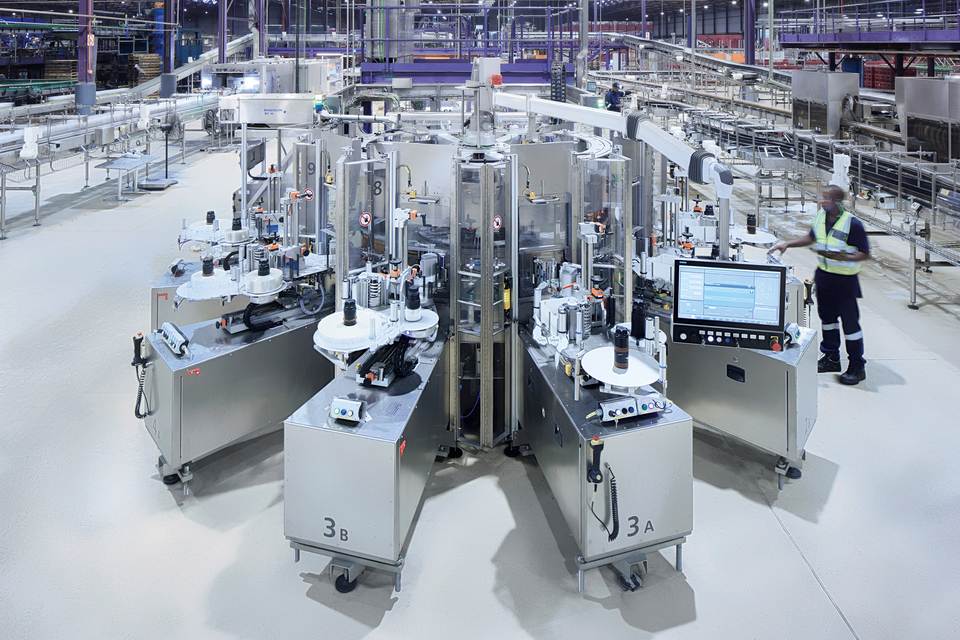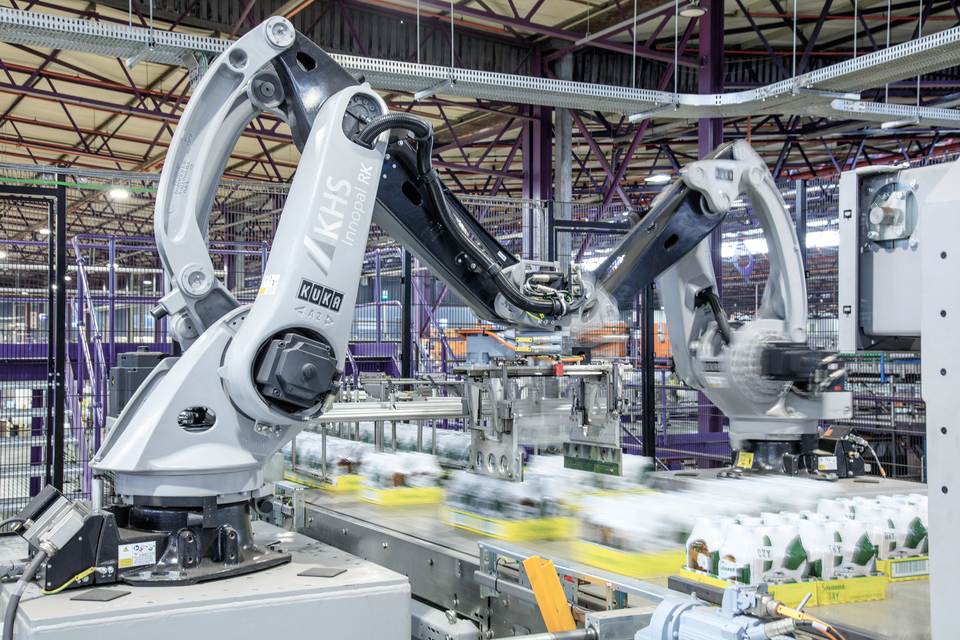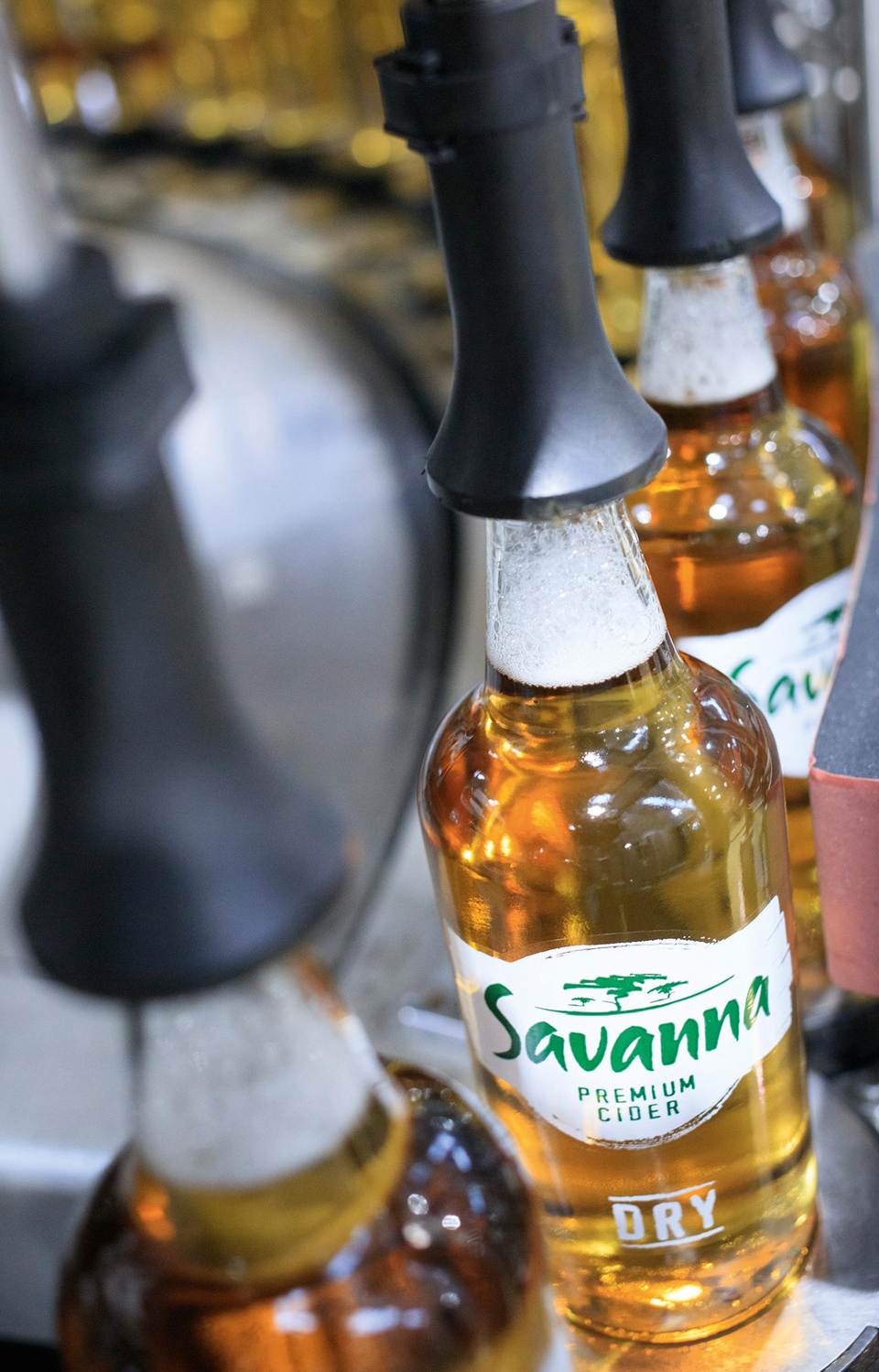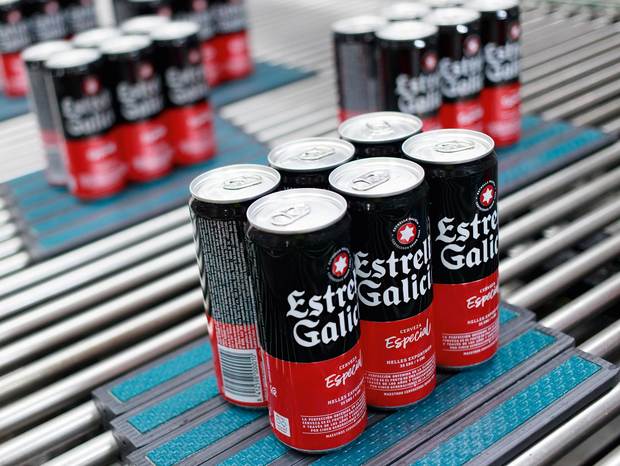While some regions are only just discovering cider as a trend beverage, in other countries this fermented, alcoholic apple juice looks back on a long tradition. In Great Britain and Ireland especially, this specialty has been extremely popular since the time of Julius Caesar. On his retreat from the land of the Anglo-Saxons the imperator took the refreshing potable back to Rome with him and was subsequently responsible for its distribution to many parts of Europe. Cider thus developed lots of different regional variations: the French, for example, took sweet dessert apples as the main ingredient and used them to make weak alcoholic cidre. The English, on the other hand, preferred cider apples that were too bitter, sharp or sour to be eaten without further processing. When it comes to the tart dryness of the beverage, Germany wins hands down: in the federal state of Hesse in particular a veritable Ebbelwoi or ‘apple wine’ culture has grown up around a cider that contains 5–8% alcohol by volume and in 2022 was added to UNESCO’s Representative List of the Intangible Cultural Heritage of Humanity. In our modern era it was the Brits who again precipitated the beverage’s march of triumph around the globe, however; in the 19th and 20th centuries cider spread from England throughout the British Empire to its most remote colonies and the later Commonwealth – to India, Canada, Australia and South Africa, where it’s now one of the country’s most popular thirst-quenchers.
African cider giant
The market leader in South Africa is Distell, one of the premier beverage producers on the entire continent and, according to the company, the second-largest cider producer worldwide. Formed at the end of 2000 when Stellenbosch Farmers’ Winery merged with the Distillers Corporation, the group makes wine, spirits, cider and RTDs. The last two categories alone made up around 55% of the quantities of beverage produced in 2021 and thus accounted for more than a third of a turnover of over €1.2 billion.
The portfolio includes several brand names: besides Hunter’s, Extreme and Bernini, premium product line Savanna in particular is exceedingly popular with local consumers and on various international markets. It comes as Savanna Dry, in an alcohol-free and a light variant and flavored with lemon or chili, and is filled into 330- and 500-milliliter glass bottles with crown corks that are retailed singularly or in packs of up to six containers.

The brand language is spritely and witty to communicate the beverage’s fresh character. For example, at the peak of the corona pandemic, when the people in South Africa were confronted with closed restaurants and bars, curfews and a ban on the sale of alcohol lasting months, the idea of the Savanna Virtual Comedy Bar was born; here you could meet up weekly with friends on Zoom and interact with comedians together with a bottle of cider. Comedy Specials were also held every two weeks that were streamed on Savanna’s social media channels. On the one hand, the measure supported entertainers made redundant by the closure of cultural venues; on the other, it soon became a huge cult that cheered the South Africans up during these difficult times and helped the brand to double its sales volume within the space of a year. The campaign was largely borne by the non-alcoholic version of Savanna launched just a few months before the onslaught of Covid-19, with lots of consumers of other beverage categories turning to this particular product as it was impossible to tell it from the original. Once they’d acquired a taste for it, they remained loyal, with Savanna now the most popular brand of all in South Africa.
»The constant optimum availability of our equipment makes us first choice among plant technology providers for Distell.«
Social responsibility
Distell generally believes in practicing social responsibility, as shown by a number of other examples; above and beyond the financial goals of its stakeholders, various CSR* activities are a fixed feature of its corporate strategy. It runs programs aimed at reducing the harmful consumption of alcohol, warns of the consequences of drunk driving, launches vaccination campaigns, helps young people to develop their skills and engages in the empowerment of women. Together with its innovative marketing concepts and high-quality products, this commitment has earned the company wide acceptance and high recognition among consumers. In turn, this all translates into hard cash – and means that sometimes production can hardly keep up with demand.
It’s thus all the more important to have a technological partner to hand whom you can fully rely on when capacities desperately need expanding. Distell has enjoyed a relationship like this with Dortmund systems supplier KHS for around 20 years now; during this time a good number of KHS lines and machines have been installed in both Stellenbosch near Cape Town and in Wadeville and Springs not far from Johannesburg, including most recently two turnkey can and three glass lines, plus countless fillers, packers and process technology units. Of the total of 36 lines the beverage producer now operates in South Africa a third is reserved for Savanna, the majority of which are situated at the plant in Springs.
Vital partner
“We haven’t merely established ourselves as a vital partner to Distell with our first-class machines and seamless installation and commissioning processes,” says Leroy Thangamuthu, managing director of KHS South Africa. “For as long as we’ve been working together, it’s chiefly been our service engineers who’ve always ensured that the lines continue to produce with their customary reliability and standard of quality. It’s thanks to them that our equipment can be used with a degree of availability that’s always at an optimum. This is what’s earned us our status of first choice among the providers of plant technology.”
The most recent milestone in the Distell/KHS cooperation is a direct result of the growing demand for the Savanna brand: a glass line with an output of up to 60,000 330-milliliter bottles an hour. “We needed to be able to expand our capacity by 30% within a very short time indeed,” explains Sharief Gallie, who as head of Manufacturing South Africa is responsible for production throughout the entire country. “It’s the height of summer here in December and therefore the high season for cider. KHS was the only supplier who could promise to hand over turnkey machines to us on time within a period of seven-and-a-half months. All other manufacturers would’ve needed at least five months more.” The industry had previously considered the proposed speed of delivery to be practically impossible, Gallie remembers. It’s thus no surprise to learn that the company’s top management experienced a moment of disbelief when the plans were submitted for decision and approval. The long-term trust in and reliability of the Dortmund company ultimately dispelled all doubts, however. Distell is thus all the more pleased that the project was completed within the given time frame and that the agreed performance figures were even exceeded. The only real challenge lay outside KHS’ sphere of influence: owing to industrial disruptions caused by corona and problems with the supply chain, there were temporary shortfalls in the replenishment of glass bottles, meaning that alternatives had to be found on site; 15 million liters were then filled into cans. When the number of new cases of Covid infections in South Africa fell significantly at the end of 2021 and everything could then continue according to plan, 25 million liters of cider were filled in December alone – more than ever before within the space of one month.

Fantastic labeler design
The line includes a depalletizer, a rinser, the filler, flash pasteurizer, warmer, two packaging machines – a shrink and a tray packer – and a robot palletizer, among other equipment. However, Gallie is especially delighted with the performance of the two KHS Innoket Neo Flex labeling machines. “We’ve been used to having KHS provide us with sophisticated top technology and absolute reliability for many years. What we’re seeing in speed and reliability with these two machines, however, has really left a lasting impression on me. I could go on about the fantastic design for hours! However, what always holds the most significance is the feedback we get from the operators on their experience with the technology. And if this is as positive as it is in this case, then you know you’ve purchased a really good machine.”
Despite his immense satisfaction with his procurement, Gallie sees no reason to sit back and take it easy. By no means does the new non-returnable glass line indicate that the company’s maximum filling and packaging capacity has been reached. Far from it: the steep rise in demand has prompted the planning of further projects with KHS that include a ninth line for Springs and a canning line for Stellenbosch which together will mark a further chapter in the success story of Savanna and the joint partnership of the two companies.
Any further questions?
Leroy Thangamuthu
KHS Manufacturing (South Africa) Pty Ltd., Sandton
Phone: +27 11 2621 117
E-Mail: leroy.thangamuthu@khs.com




























